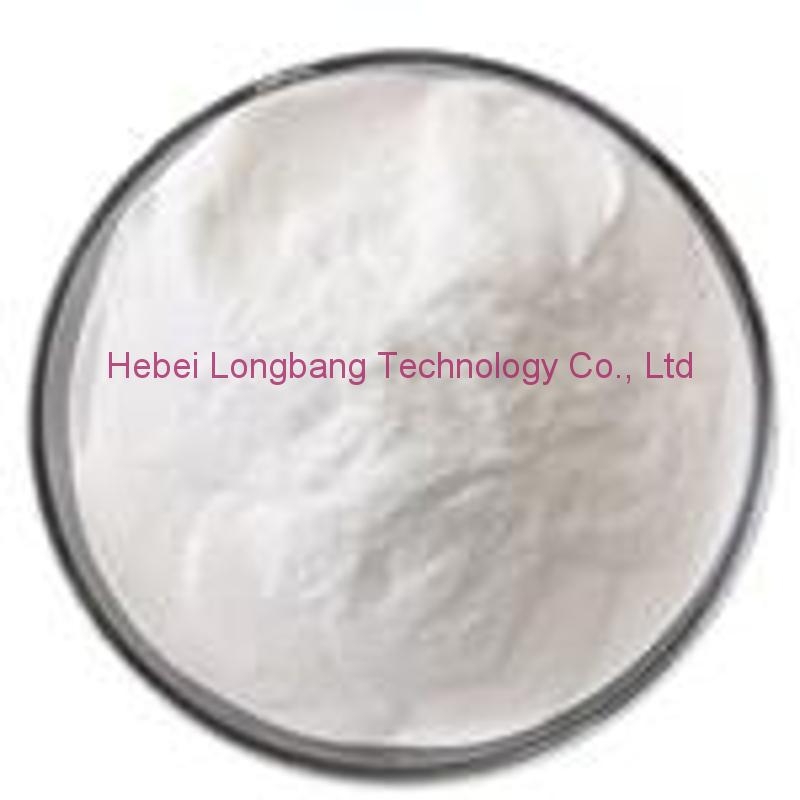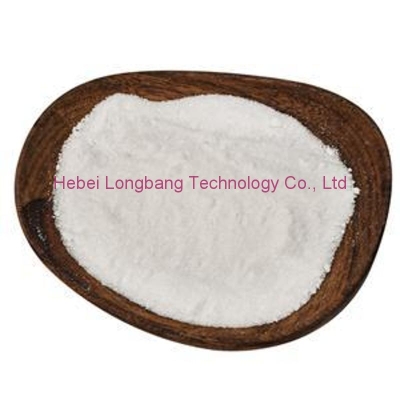-
Categories
-
Pharmaceutical Intermediates
-
Active Pharmaceutical Ingredients
-
Food Additives
- Industrial Coatings
- Agrochemicals
- Dyes and Pigments
- Surfactant
- Flavors and Fragrances
- Chemical Reagents
- Catalyst and Auxiliary
- Natural Products
- Inorganic Chemistry
-
Organic Chemistry
-
Biochemical Engineering
- Analytical Chemistry
-
Cosmetic Ingredient
- Water Treatment Chemical
-
Pharmaceutical Intermediates
Promotion
ECHEMI Mall
Wholesale
Weekly Price
Exhibition
News
-
Trade Service
Disodium monofluorophosphate (DFP) is a widely used chemical in the chemical industry, primarily as a flame retardant and a catalyst in the production of polyester and nylon.
Despite its widespread use, there are concerns about the safety of DFP, particularly in regards to its potential effects on human health and the environment.
One of the main concerns about the safety of DFP is its potential toxicity.
DFP is known to be corrosive and can cause skin irritation, burns, and even organ damage if ingested or inhaled.
Prolonged exposure to high concentrations of DFP can also lead to respiratory problems, such as coughing and shortness of breath.
Additionally, studies have suggested that DFP may be a potential carcinogen, with some research indicating that it may increase the risk of cancer in humans.
Another concern is the potential for DFP to leach into the environment.
DFP is commonly used in the production of plastics and other synthetic materials, and it is possible for small amounts of DFP to be released into the environment during the manufacturing process.
There is evidence to suggest that DFP can accumulate in soil and groundwater, and that it may have harmful effects on aquatic life.
In particular, DFP has been shown to cause skeletal deformities and other health problems in animals, leading some to question its safety for use in the production of consumer goods.
Despite these concerns, DFP is still widely used in the chemical industry, and it is important for workers in this field to take proper precautions to protect themselves and the environment from the potential hazards associated with this chemical.
This may include wearing protective clothing and equipment, following proper handling and disposal procedures, and taking steps to minimize the release of DFP into the environment.
It is also important for consumers to be aware of the potential risks associated with DFP and other chemicals used in the production of consumer goods.
By choosing products that are labeled as environmentally friendly and safe, consumers can help to reduce their exposure to potentially harmful chemicals and support the use of more sustainable manufacturing practices.
Additionally, consumers can take steps to reduce their own exposure to DFP and other chemicals by avoiding contact with products that contain them and by using protective clothing and equipment when handling these products.
Overall, while there are concerns about the safety of Disodium monofluorophosphate, it is important to recognize that proper precautions can help to minimize the potential risks associated with this chemical.
By taking steps to protect workers and the environment, and by making informed consumer choices, it is possible to ensure that the use of DFP and other chemicals in the chemical industry is done in a safe and responsible manner.






